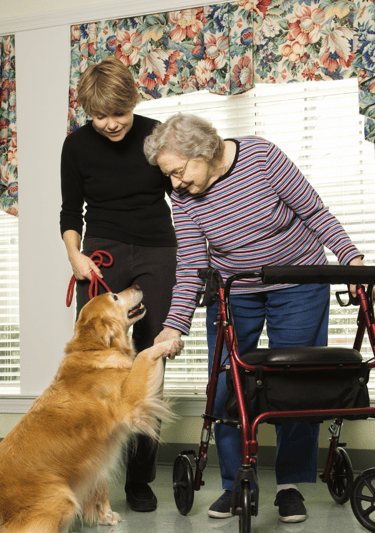Walkers for elderly
Things to consider when buying a walker for elderly
Annissa Turnbull
7/1/20232 min read


When choosing the correct walker for your elderly parents, here are some tips to help you achieve buying the correct one.
1. Assess their needs: Understand your parents' specific mobility requirements and any limitations they may have. Consider factors such as stability, manoeuvrability, and weight capacity.
2. Consult a healthcare professional: Seek advice from a healthcare professional, such as a physical therapist or doctor, who can provide insights into the type of walker that would best suit your parents' needs.
3. Evaluate the environment: Take into account the living environment where the walker will be used. Consider factors like flooring type, door widths, and any obstacles that may affect mobility.
4. Choose the right type: There are different types of walkers available, such as standard walkers, rollators, and knee walkers. Assess the pros and cons of each type based on your parents' specific needs and preferences.


5. Consider adjustable features: Look for walkers that have adjustable height settings, handgrips, and seat heights. These features ensure a comfortable fit and enhance safety.
6. Test for stability: Stability is crucial to prevent falls. Ensure the walker has a wide base and sturdy construction. Look for models with wheels that can be locked for additional stability when needed.
7. Check weight capacity: Confirm that the walker can support your parents' weight. Pay attention to the weight capacity specifications provided by the manufacturer.
8. Assess ease of use: Consider features that make the walker easy to use, such as lightweight construction, one-hand folding mechanisms, and intuitive brakes.
9. Test manoeuvrability: Try out the walker to see how easily it moves. Ensure it can be maneuvered in tight spaces and turns smoothly.
10. Consider storage and transportation: If your parents need to transport the walker frequently or have limited storage space, look for models that are foldable and compact.
11. Involve your parents: Include your parents in the decision-making process. Consider their preferences and involve them in testing and selecting the walker that feels most comfortable to them.
Remember, it's always a good idea to consult with a healthcare professional or mobility specialist to ensure you choose the most suitable walker for your parents' specific needs.
